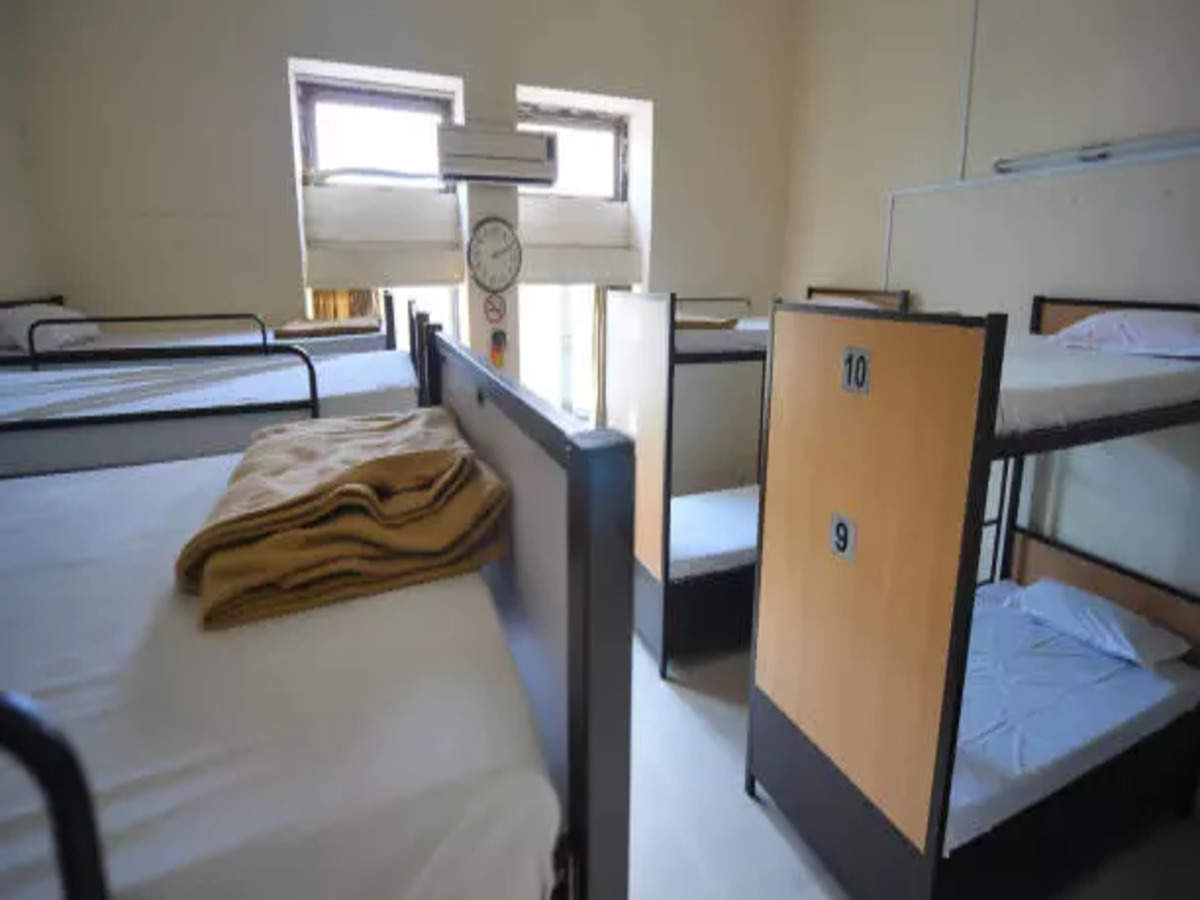AIIMS has around 3000 students and resident doctors, and over half of them are living in hostels managed by the institute. With a capacity of only 2000 hostel beds, around 1000 students and resident doctors are currently on the waiting list for hostel accommodation. This shortage of accommodation has created problems for many students, particularly women students, who often commute long distances and during odd hours to get to and from the institute. This not only leaves them vulnerable to safety risks but also affects their mental well-being due to the stress of long commutes and the uncertainty of securing suitable accommodation.
To address this issue, AIIMS has announced that it will lease fully furnished houses, flats, and guest houses near the institute or locations with connectivity to the metro. The initiative aims to provide suitable accommodation to students and doctors while they wait for hostel allotments, ensuring their safety and well-being. The prospective hostels will be required to have proper maintenance, security, and access control, and offer amenities similar to those provided in the AIIMS hostels. AIIMS officials are inviting interested parties to submit proposals, and the expression of interest (EOI) is scheduled to be floated by July 31, 2023.
The current accommodation challenges faced by AIIMS students are not new. Over the years, the institute has struggled to keep up with the accommodation needs of its students in the face of rapidly growing enrollment. Experts say that this shortage of accommodation not only affects the physical safety of students but also has adverse mental health implications. Students who commute long hours or live in overcrowded or substandard accommodations often face stress, anxiety, and fatigue, which can affect their academic performance and overall well-being. Moreover, they may feel disconnected from the college community, making it difficult for them to adjust to campus life.
Stress, anxiety, and depression are not uncommon among medical students, and the accommodation challenges faced by AIIMS students only add to their existing mental health concerns. Medical students face intense academic pressure, which often leads to burnout, exhaustion, and mental health issues. Moreover, they are exposed to traumatic life experiences, such as patient deaths and difficult diagnoses, which can cause emotional distress. The lack of proper accommodation only exacerbates these challenges, making it difficult for students to cope with the demands of medical school.
While AIIMS initiative to lease accommodations near the campus is commendable, ensuring the mental health and well-being of its students requires a more comprehensive approach. The institute should provide counseling services and mental health support to students, particularly those facing accommodation challenges. Moreover, AIIMS should prioritize improving the existing hostel facilities, expanding accommodation capacity to meet student demand, and ensuring that students have access to safe and comfortable living conditions.
In conclusion, the accommodation challenges faced by AIIMS students are not just a matter of convenience but have serious mental health implications. By addressing these challenges, the institute can ensure that its students are safe, healthy, and academically successful.

 The All India Institute of Medical Sciences (AIIMS) is one of the most prestigious medical colleges in India, attracting students from across the country. However, the college's students are currently facing significant accommodation challenges, which have adverse mental health implications.
The All India Institute of Medical Sciences (AIIMS) is one of the most prestigious medical colleges in India, attracting students from across the country. However, the college's students are currently facing significant accommodation challenges, which have adverse mental health implications.



















.jpeg)




















